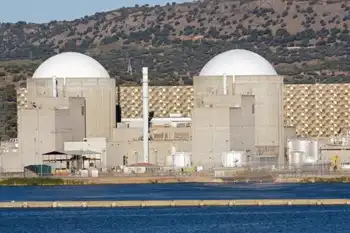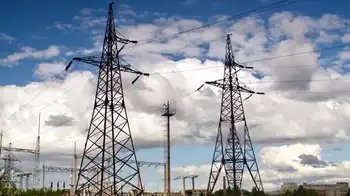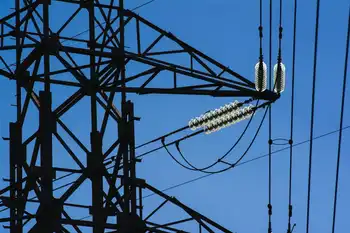McDonald's Canada to turn off lights in support of Earth Hour
By cutting lights for one hour on March 28 the chain could save more than 10,000 kWh in electricity usage, the same amount of energy the average Canadian household uses in a year.
This is the second year that McDonald's is taking part in Earth Hour.
Earth Hour is a global initiative led by World Wildlife Fund to inspire people to take action on climate change. While all participating McDonald's restaurants will remain open and fully operational, for one full hour road signs and roof beams will be darkened at each location as they show their support by cutting down on their electricity usage.
Through energy-saving practices in the areas of ventilation, lighting and heating, McDonald's restaurants in Canada have saved an estimated 11.7 million kWh and 770,000 cubic meters of natural gas since 2005, which equates to 4,033 metric tons of carbon dioxide emissions — equal to taking approximately 739 cars off the road. Additionally, two restaurants in Quebec have pioneered the use of a geothermal renewable energy system — a means of extracting heat from the earth — in the operation of quick-service restaurants.
McDonald's Canada also engages its suppliers and encourages them to be more environmentally conscious. This led to the creation in 2007 of an annual Sustainability Award, which recognizes a supplier who has demonstrated a commitment to advancing environmental sustainability in the areas of energy conservation, solid waste mitigation and recycling, among others.
McDonald's Canada also recently opened its first green restaurant in Beauport, Quebec, which is a candidate for LEED Certification. This would be the third LEED Certification project in North America.
Pioneered in Australia in 2007, Earth Hour has twice as many countries involved this year over 2008.
Related News

BC Ferries celebrates addition of hybrid ships
VICTORIA - In a champagne celebration, BC Ferries welcomed two new, hybrid vessels into its fleet Wednesday. The ships arrived in Victoria last month, and are expected to be in service on northern routes by the summer.
The Island Aurora and Island Discovery have the ability to run on either diesel or electricity.
"The pressure on whales on the West Coast is very intense right now," said BC Ferries CEO Mark Collins. "Quiet operation is very important. These ships will be gliding out of the harbor quietly and electrically with no engines running, that will be really great for marine space."
BC Ferries…




